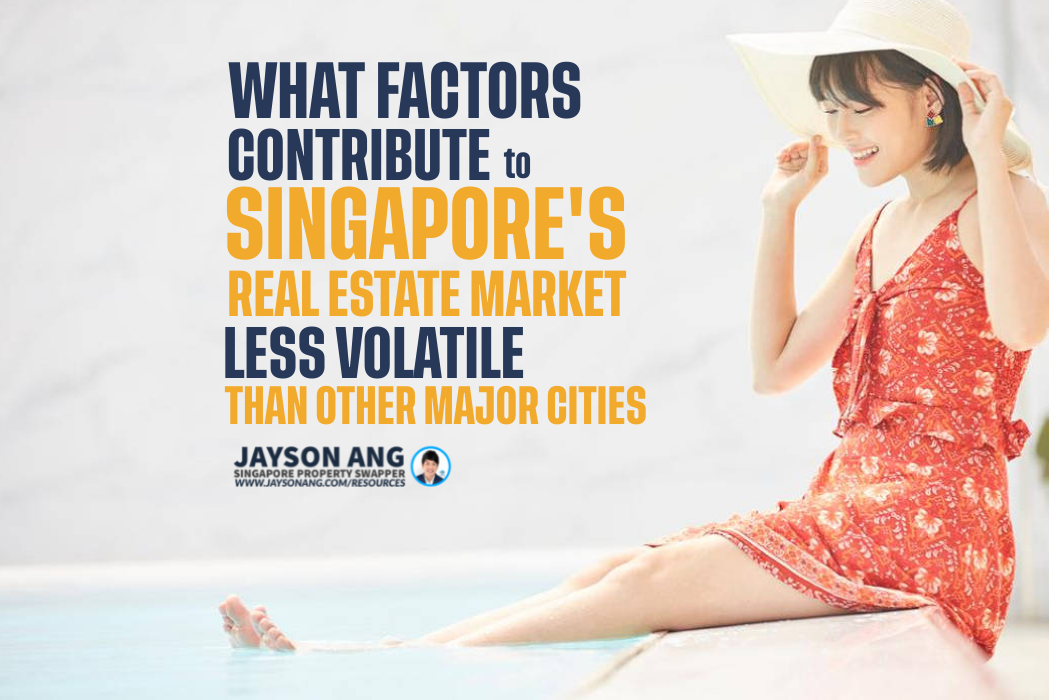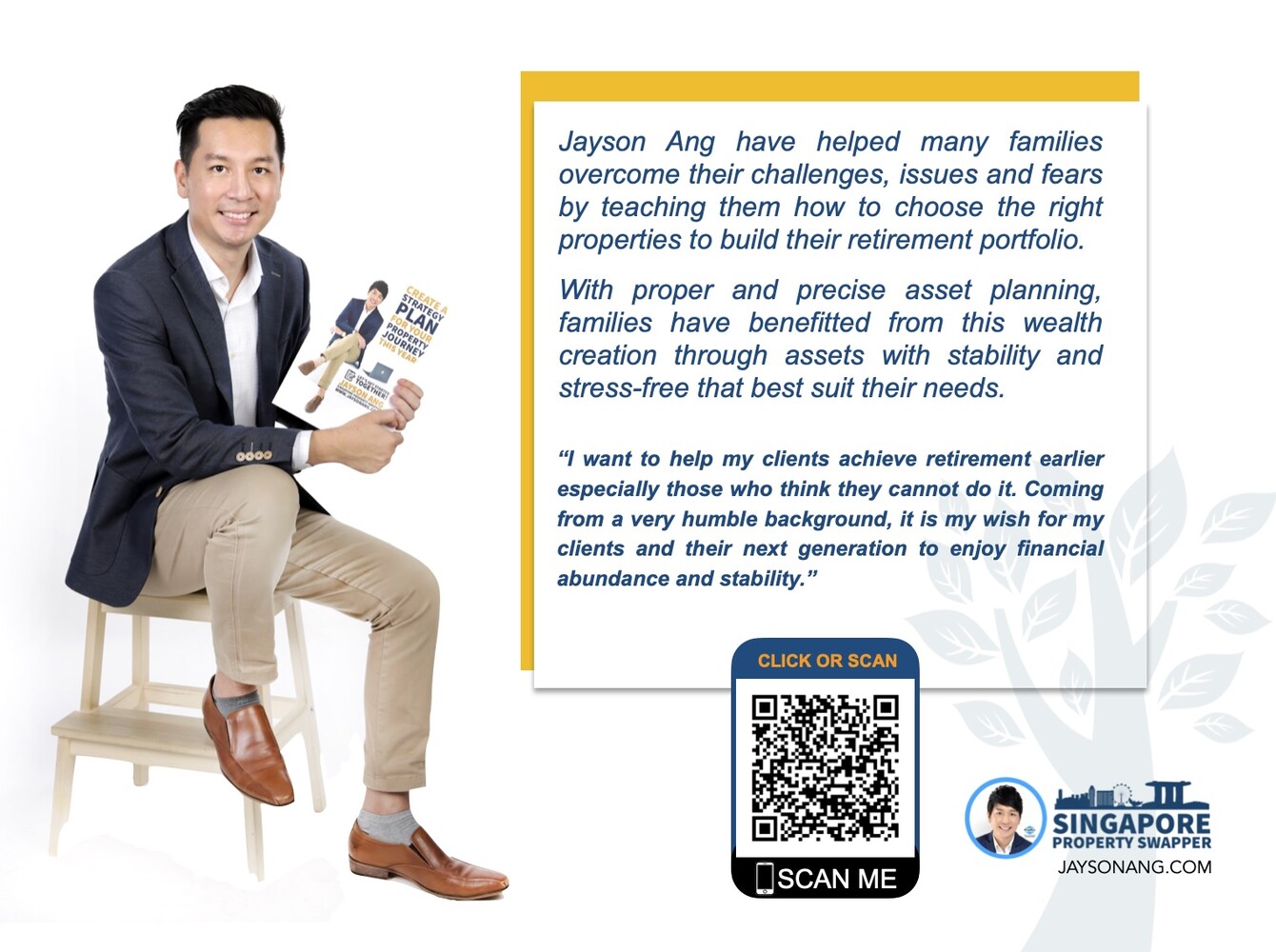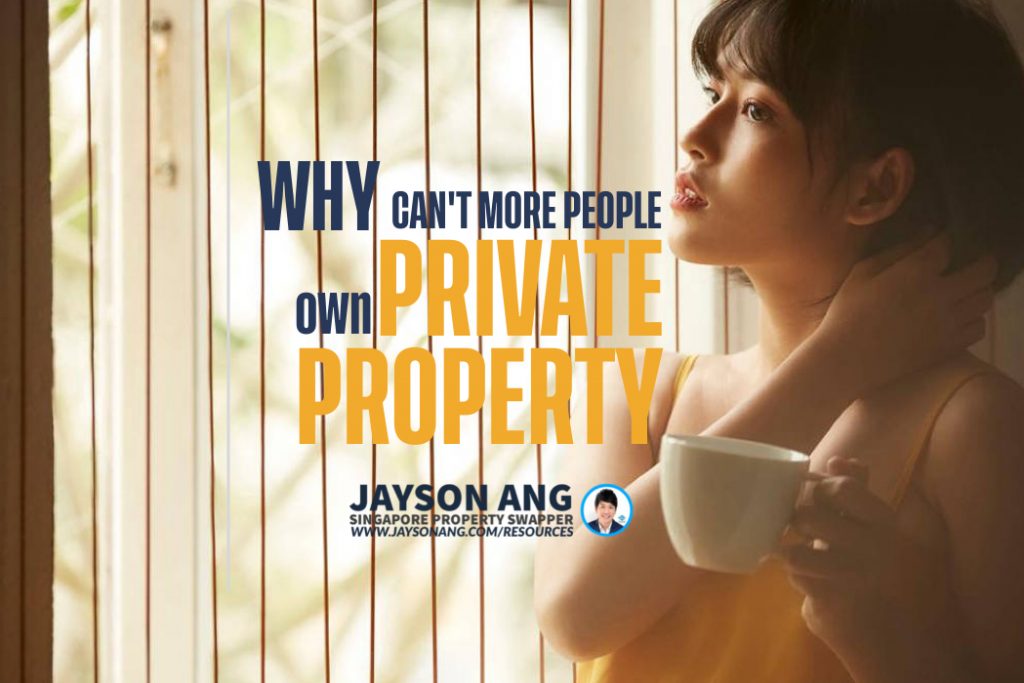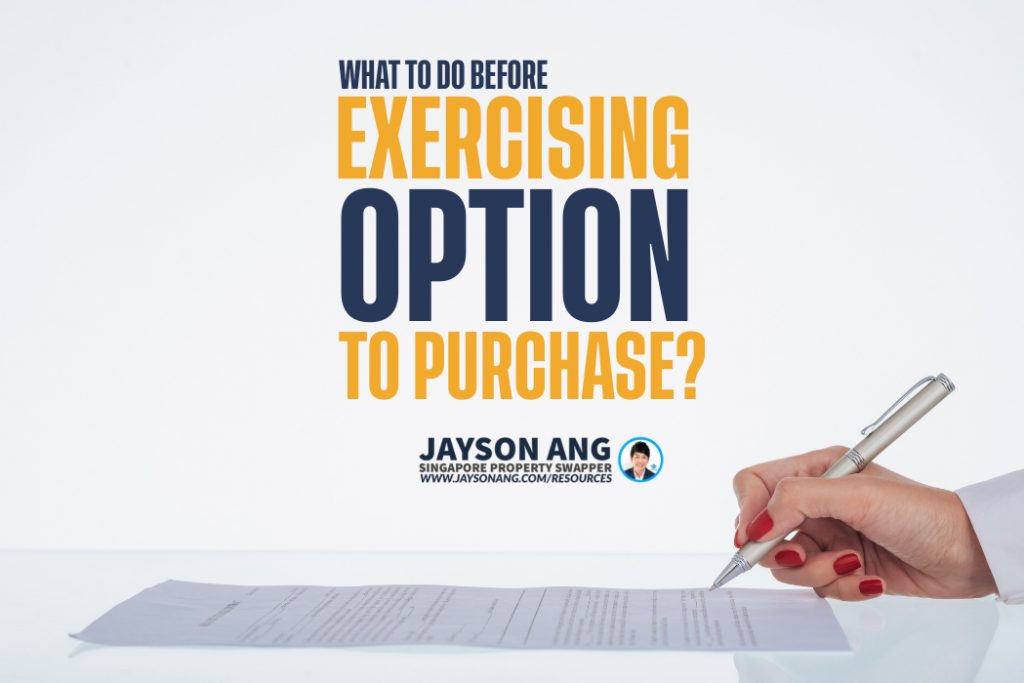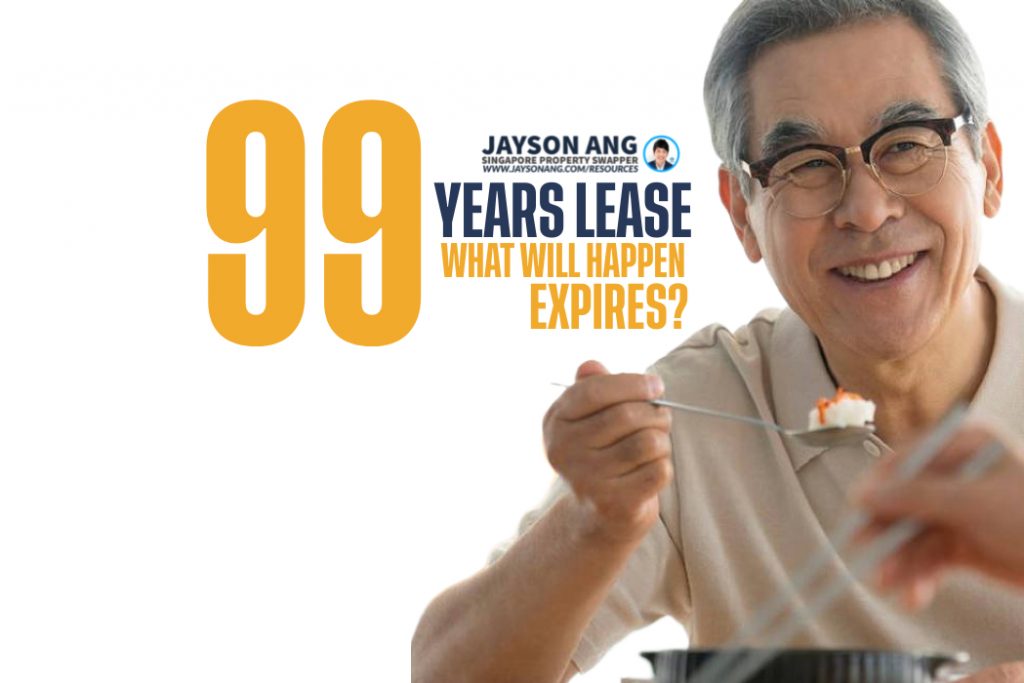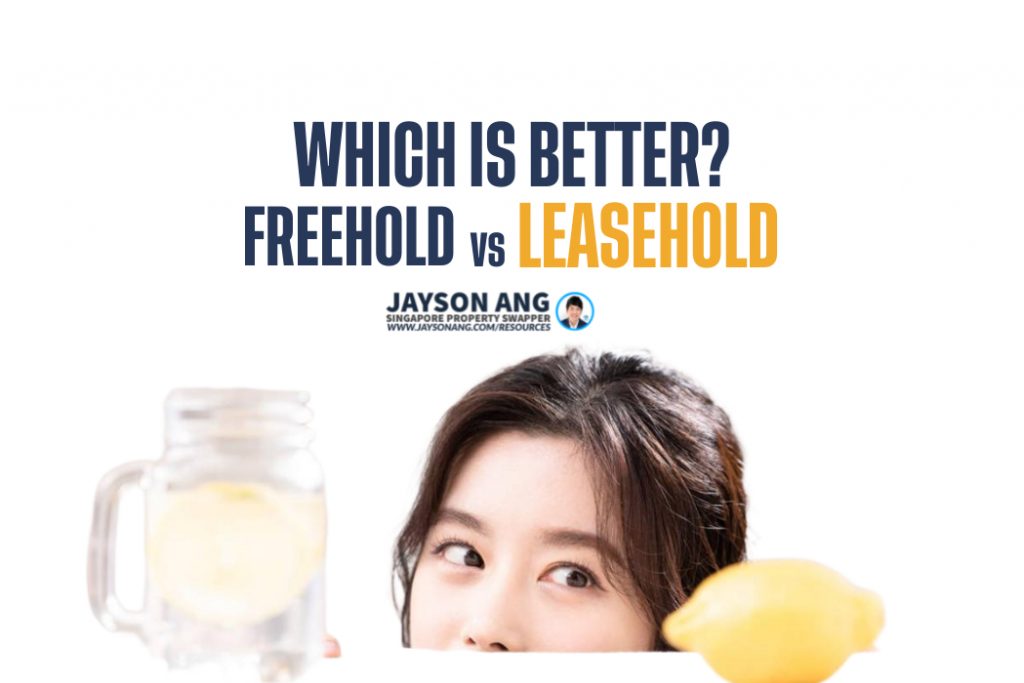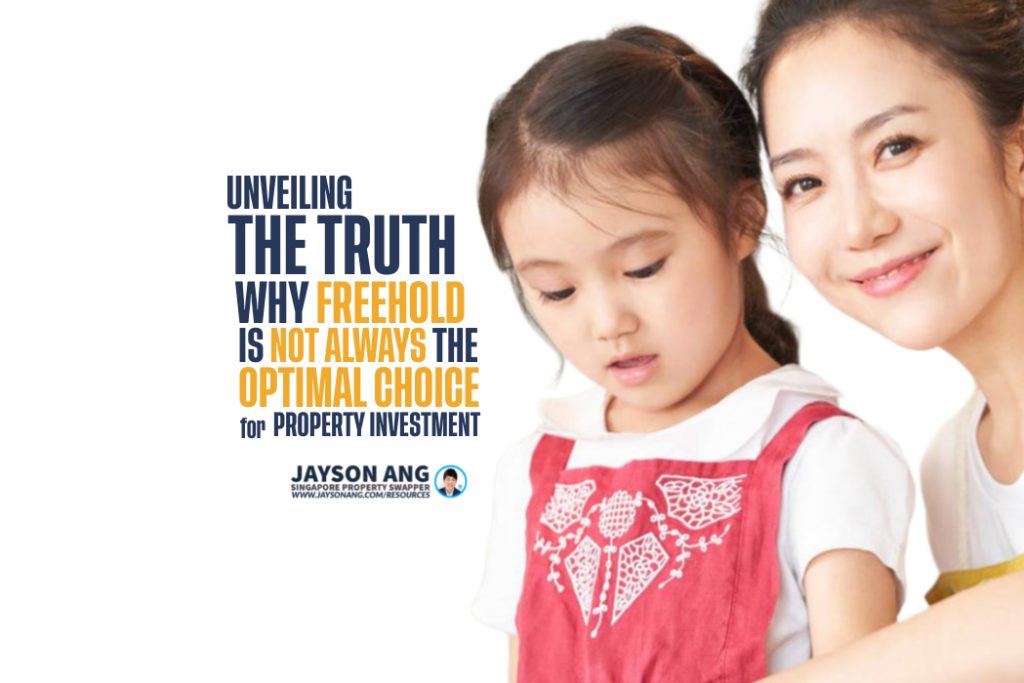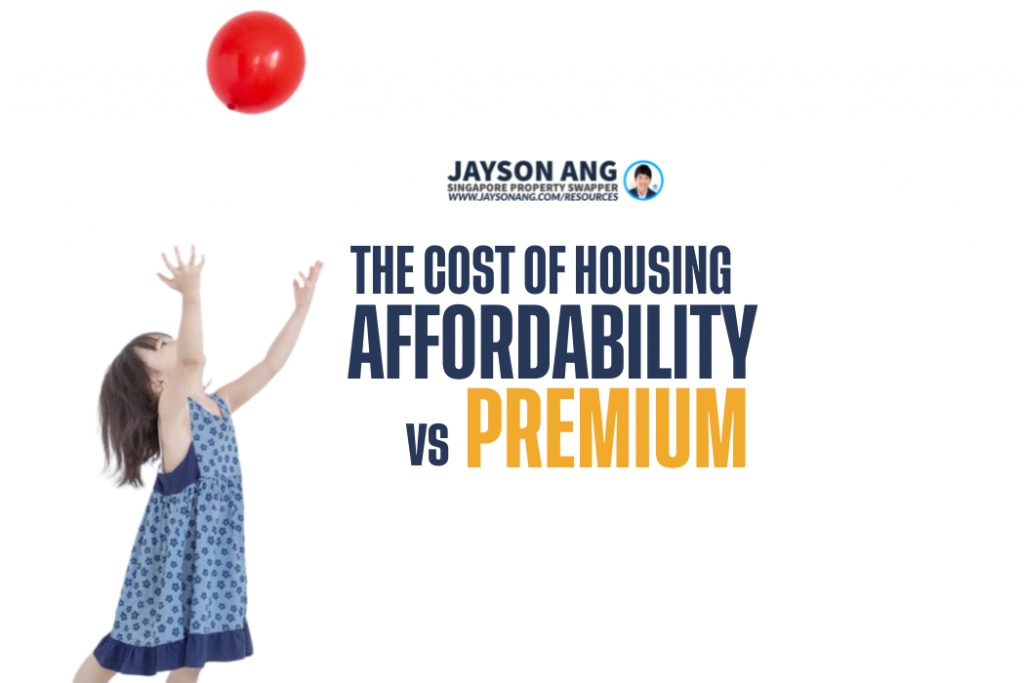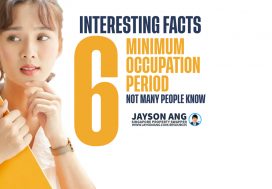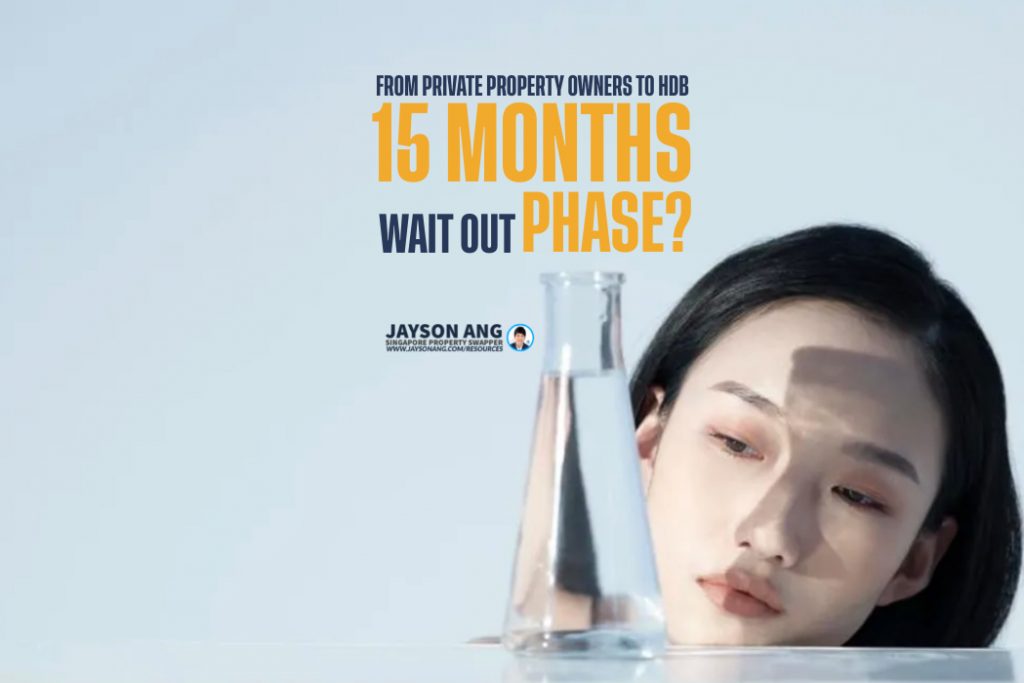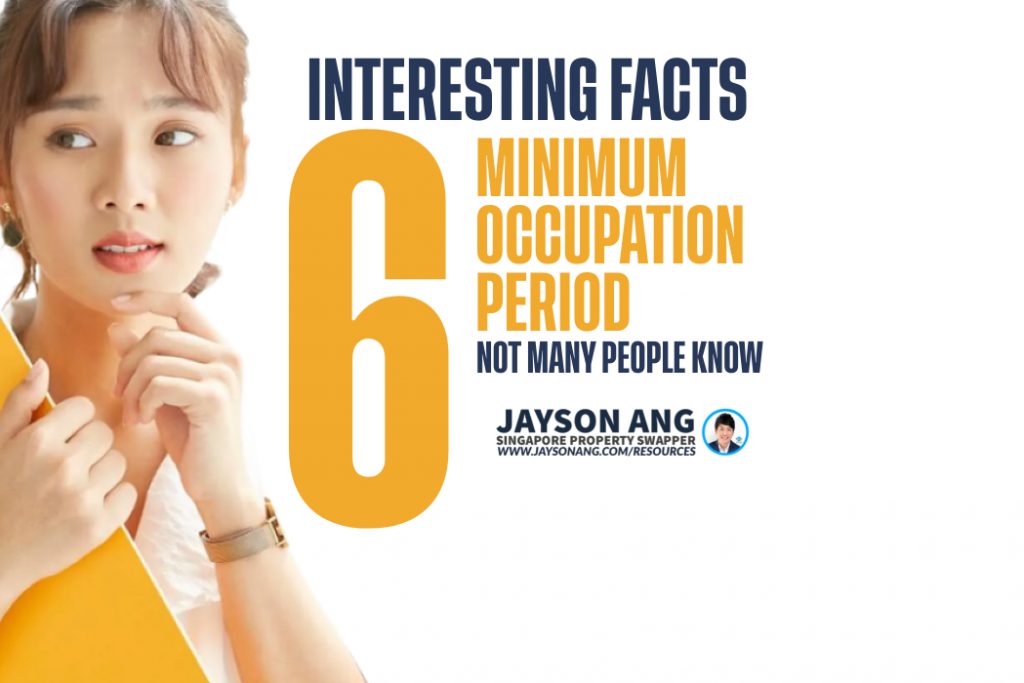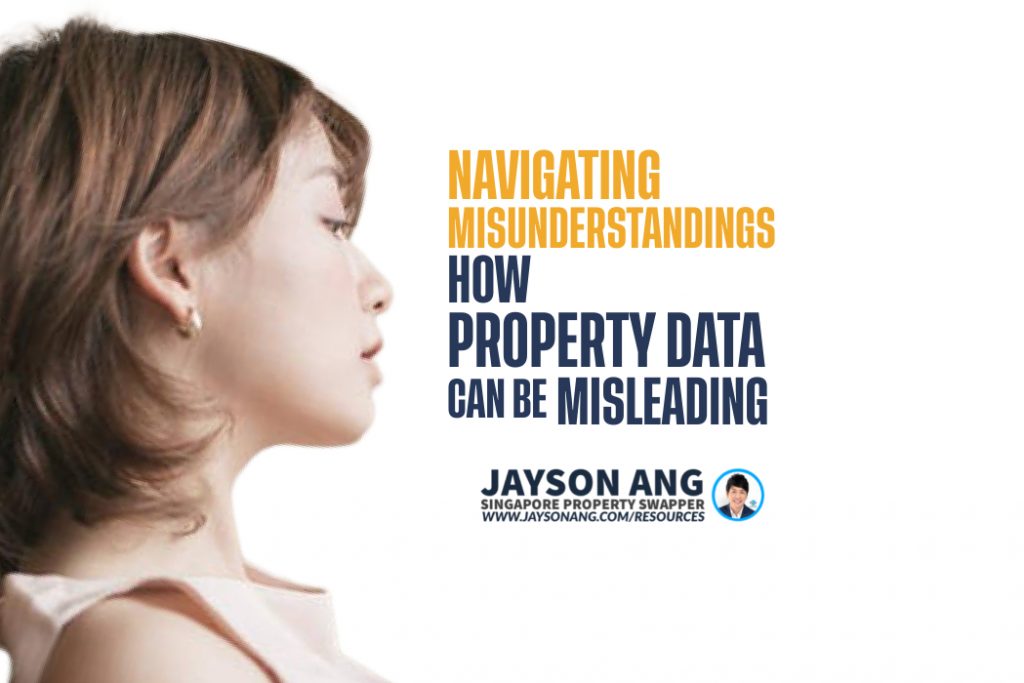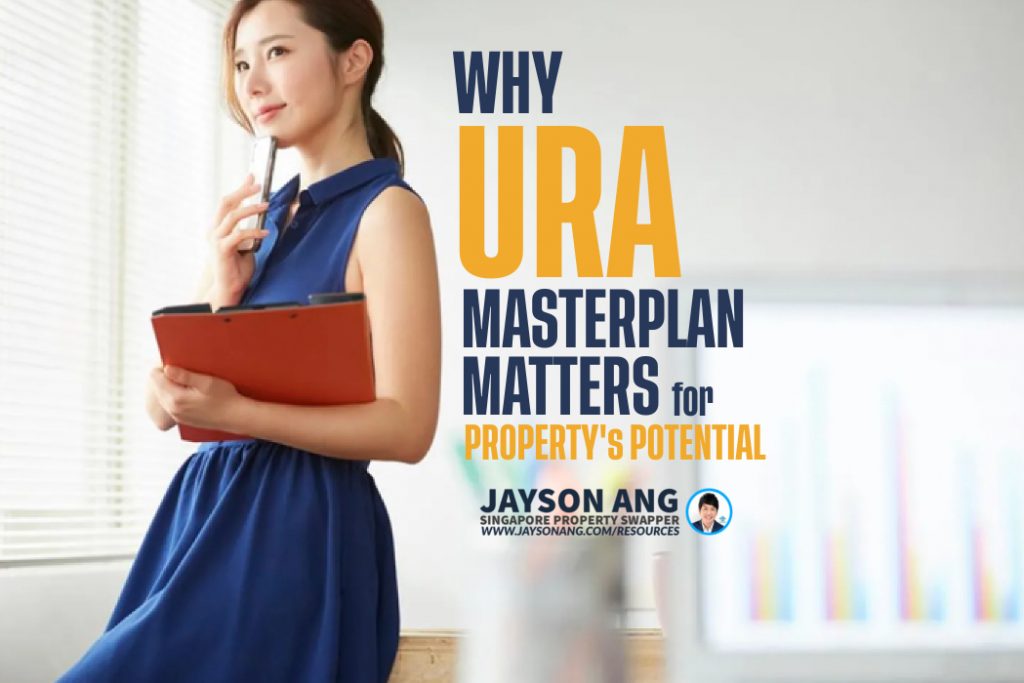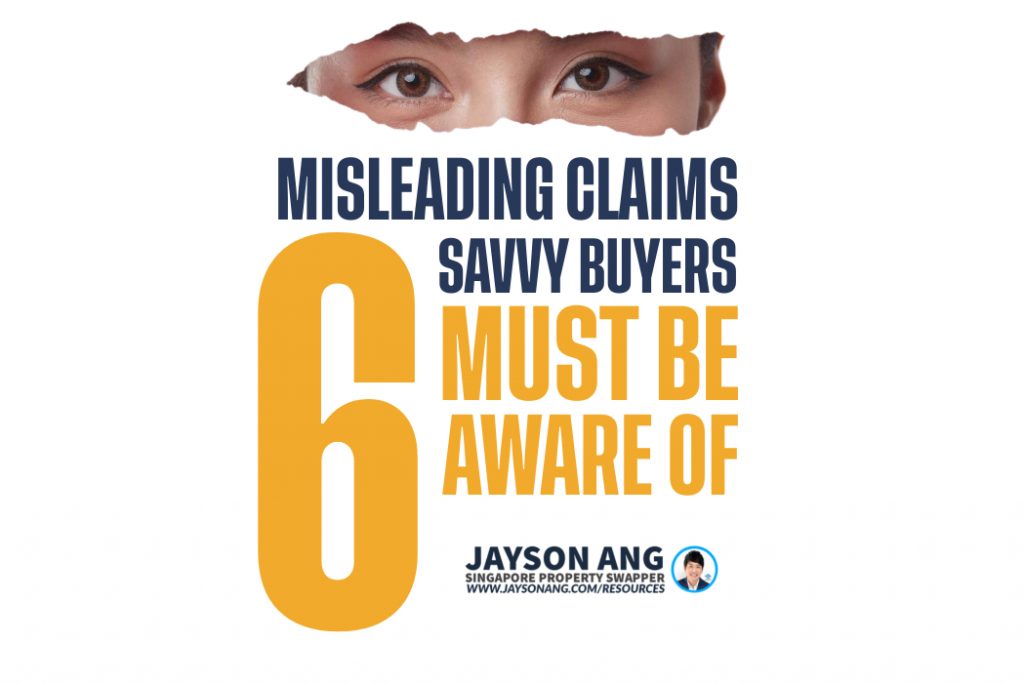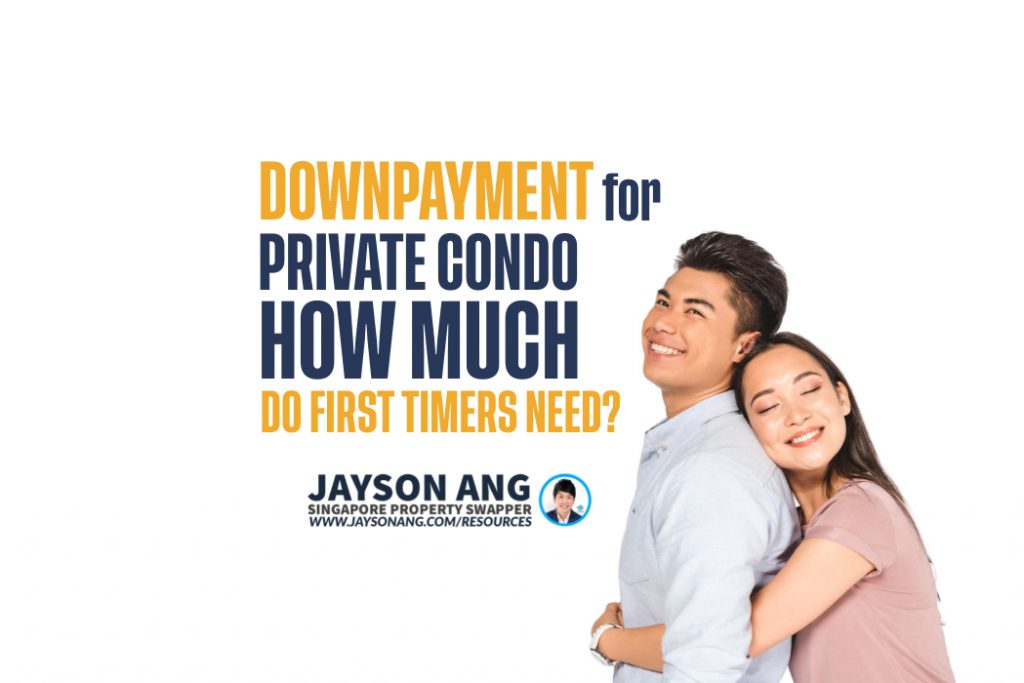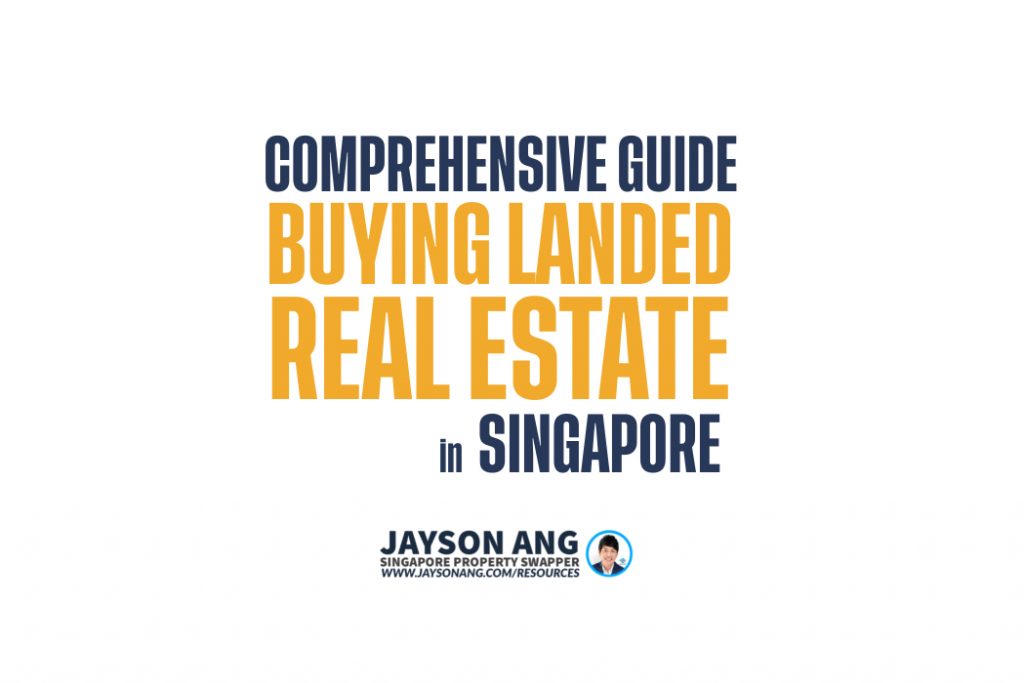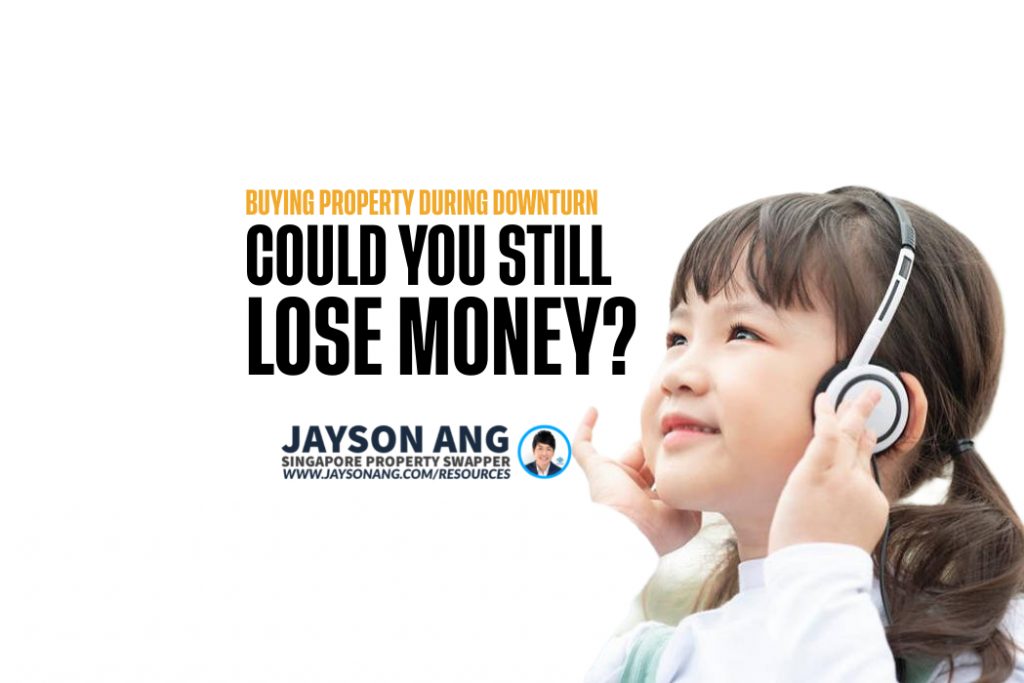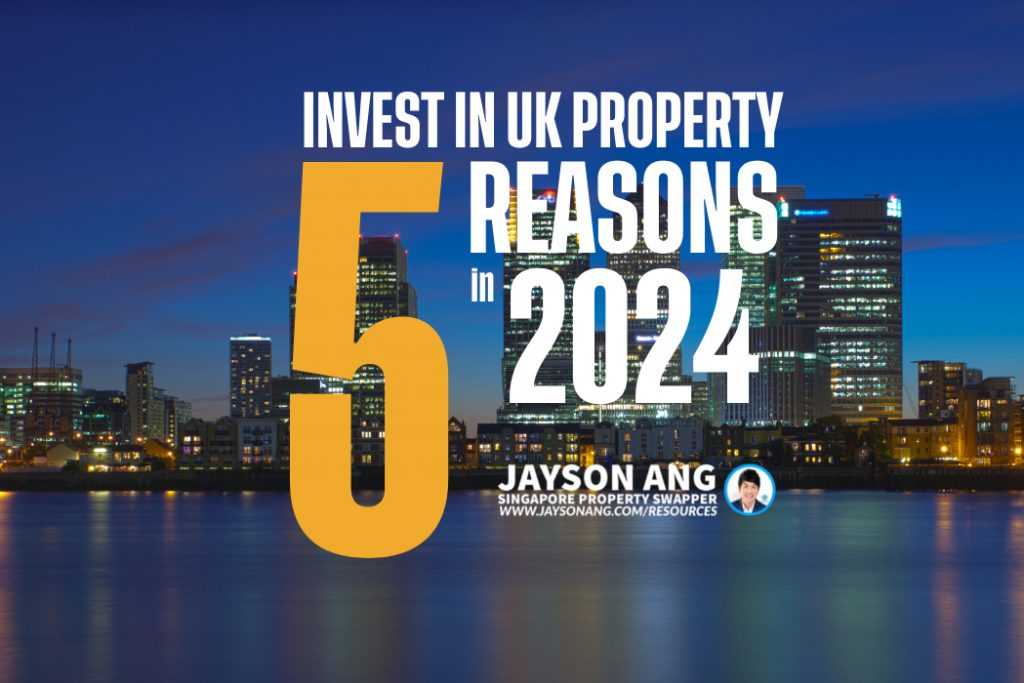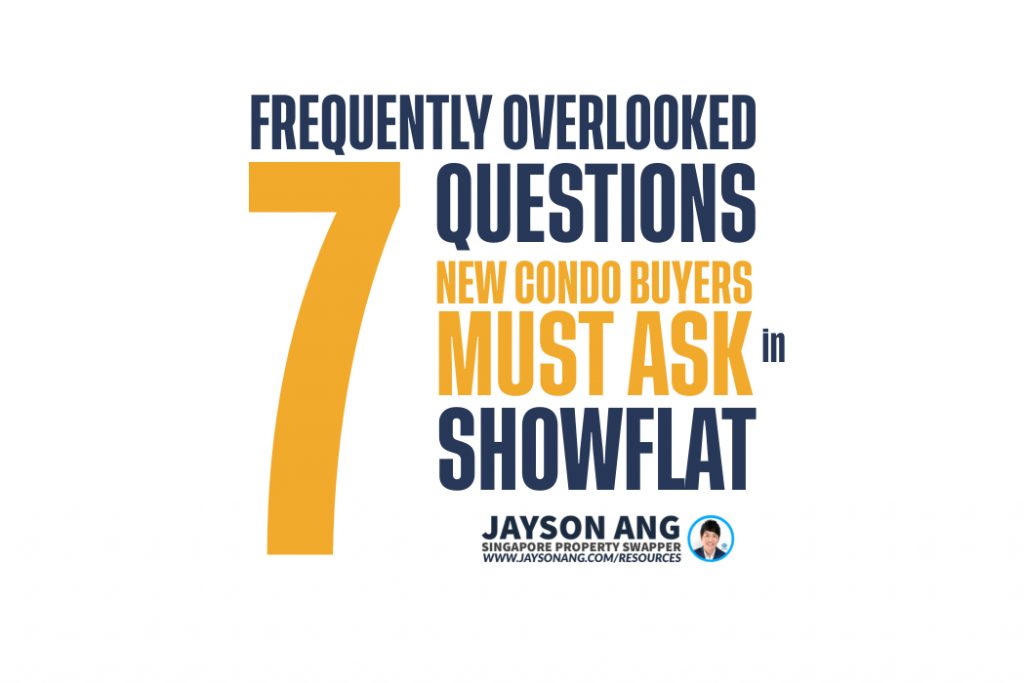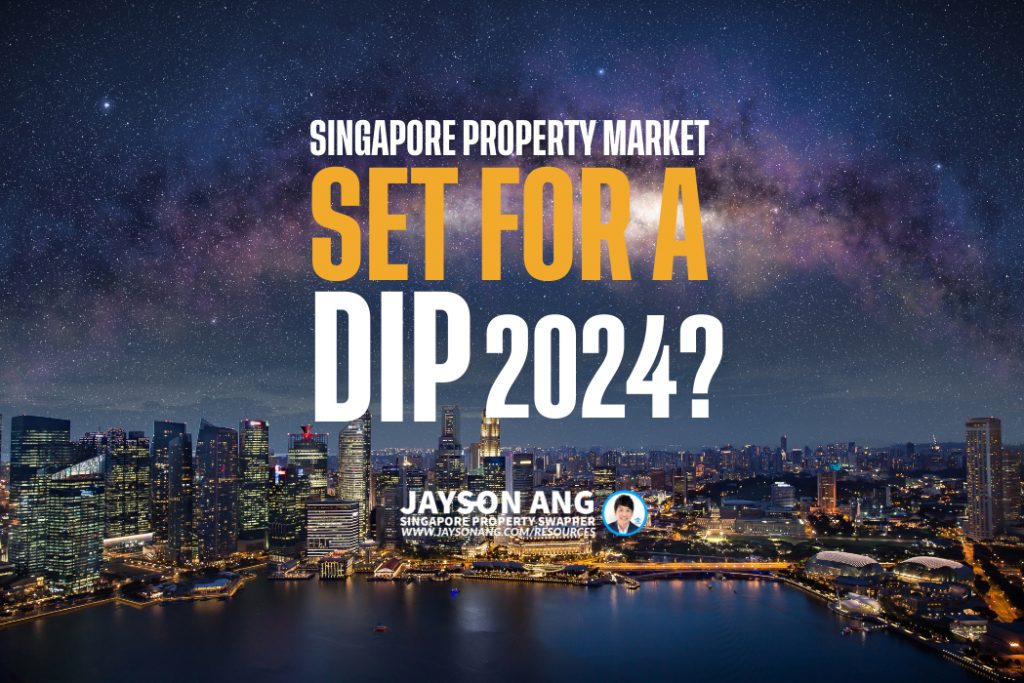TLDR
The Singapore real estate market is vibrant, driven by a strong economy, stable business climate, and attractive investment opportunities. Key trends include the rise of luxury condos, stable property prices, and diverse property types. The rental market remains stable with varying demand across different property types and locations. Investment opportunities range from private condominiums to new developments like the Jurong Lake District. Government regulations such as licensing and property cooling measures influence the market. Future developments may be influenced by changing demographics, global economic forces, and government policies. Planning your property portfolio involves considering goals, budget, market conditions, and seeking professional advice for informed decisions.
With its modern infrastructure and pro-business regulations, Singapore has become a desirable place to invest in real estate due to its strong economy, efficient infrastructure, and attractive housing market. Singapore’s property market is characterised by high demand, good transport links, and a well-educated population with a high degree of English language proficiency.
This has attracted global companies to set up operations in Singapore, which in turn has driven up demand for real estate. Additionally, Singapore has been consistently ranked as one of the safest cities in the world, making it an attractive destination for those looking to invest in real estate.
But with so many property types and restrictions, it can be confusing for investors and expats to understand the market. This executive summary guide will give you an overview of the basics of the Singapore real estate market, so you can make an informed decision when buying or investing in property in this vibrant city-state.
Introduction: An overview of the Singapore real estate market, including its history, current state, and key trends
The Singapore real estate market has a long history, dating back to the mid-19th century when the British established a port and trading hub in the area. Since then, it has become one of the most important commercial and residential centers in Southeast Asia. In recent years, the government has invested heavily in infrastructure projects and initiatives that have made the city more attractive for investors and home buyers alike.
The Singapore real estate market is currently in an extremely strong position. Prices are rising and the number of transactions is increasing as the economy continues to expand. The residential property sector is seeing particularly strong growth, with prices increasing by almost 10% annually. The city also offers attractive investment opportunities, such as rental yields, which are higher than other cities in the region.
One key trend in the Singapore real estate market is the rise of luxury condos in recent years.
As the economy has grown and more wealthy individuals and investors have been attracted to Singapore’s stable and prosperous environment, the demand for high-end properties has increased. This has led to the development of many new luxury condominium projects, which offer luxurious amenities and exclusive locations that are appealing to wealthy buyers. Some of the key features of luxury condos in Singapore include:
- Large and spacious units with high-end finishes and materials, such as marble and granite.
- Amenities such as pools, fitness centers, and concierge services.
- Prime locations in desirable neighborhoods, such as the Orchard Road shopping district and the Marina Bay waterfront.
- High-tech security systems and other features that provide a sense of exclusivity and privacy.
Luxury condos in Singapore are often priced at a premium compared to other types of properties, but they offer buyers a unique and luxurious living experience that is not available elsewhere.
The Singapore economy: A detailed look at the economic factors that are driving the real estate market in Singapore, including GDP growth, employment rates, and the overall business climate
The Singapore economy is a major factor that is driving the real estate market in the city-state. Singapore has a highly developed and diversified economy, and it is one of the wealthiest and most prosperous countries in the world. The economy is driven by industries such as finance, manufacturing, and tourism, and it has consistently recorded strong growth rates and low unemployment rates. This has led to a robust and stable business climate, which is attractive to both local and international investors.
GDP growth is one of the key economic indicators that is driving the real estate market in Singapore. Over the past few years, the economy has recorded strong growth rates, with GDP expanding by an average of 3.5% per year. This growth has been supported by a combination of factors, including strong domestic demand, robust export growth, and favorable global economic conditions.
Another important economic factor that is driving the real estate market in Singapore is the employment rate. Singapore has a low unemployment rate of around 2.1%, which is well below the global average. This means that many people in Singapore have stable and well-paying jobs, which allows them to afford to buy or rent property. Additionally, Singapore has a strong and growing service sector, which is creating many new job opportunities and driving demand for housing.
Overall, the business climate in Singapore is favorable for the real estate market. The economy is growing, unemployment is low, and there are many job opportunities, which are all positive factors that support the property market. This is why Singapore has become a popular destination for both local and international investors who are looking to buy or invest in property.
The property market: An analysis of the property market in Singapore, including trends in prices, and property types
The property market in Singapore is diverse and dynamic, with a range of different property types and price points. Over the past few years, the property market has been relatively stable, with relatively modest increases in prices and sales volumes. However, there have been some key trends and developments that are worth noting, including the following:
- Prices: The overall trend in property prices in Singapore has been relatively stable in recent years. According to the Urban Redevelopment Authority (URA), the overall property price index has increased by about 3% per year over the past five years. However, there are some variations across different property types and locations. For example, luxury properties in prime areas such as the Orchard Road shopping district have seen strong price growth, while prices for HDB flats (public housing) have remained relatively stable.
- Property types: The property market in Singapore is diverse, with a range of different property types available. The most common type of property in Singapore is the HDB flat, which is public housing provided by the government. These flats are affordable and widely available, and they make up about 80% of the housing stock in Singapore. However, there are also many other types of property in Singapore, including private condominiums, landed properties.
The rental market: A comprehensive look at the rental market in Singapore, including average rental prices, popular neighborhoods, and key factors that influence demand
The rental market in Singapore is diverse and dynamic, with a range of different property types and rental prices. Over the past few years, the rental market has been relatively stable, with relatively modest increases in rental prices and demand. However, there are some key trends and developments that are worth noting, including the following:
- Rental prices: The overall trend in rental prices in Singapore has been relatively stable in recent years. According to the Urban Redevelopment Authority (URA), the overall rental price index has increased by about 2% per year over the past five years. However, there are some variations across different property types and locations. For example, luxury properties in prime areas such as the Orchard Road shopping district have seen strong rental growth, while rental prices for HDB flats (public housing) have remained relatively stable.
- Demand: The overall trend in rental demand has been relatively stable as well. According to the URA, the total number of occupied private residential units has increased slightly over the past few years. However, the level of demand can vary depending on the property type and location. For example, luxury properties in prime areas have seen strong demand, while demand for HDB flats has remained relatively stable.
- Popular neighborhoods: Some of the most popular neighborhoods for rental properties in Singapore include the Orchard Road shopping district, the Marina Bay waterfront, and the Central Business District (CBD). These areas are popular among expatriates and young professionals who are attracted by the convenience and amenities of city living. Other popular neighborhoods for rental properties include the Jurong Lake District, the Greater Southern Waterfront, and the Punggol Digital District, which are newer developments that offer a mix of residential, commercial, and recreational spaces.
- Key factors: Some of the key factors that influence demand for rental properties in Singapore include location, affordability, and amenities. For example, properties in prime areas such as the Orchard Road shopping district and the Marina Bay waterfront tend to command higher rental prices, due to their desirable locations and amenities. Additionally, properties that are priced affordably and offer convenient access to public transportation and other amenities are also likely to attract a higher level of demand.
Investment opportunities: An exploration of the various investment opportunities in the Singapore real estate market, including residential properties, as well as new developments
There are many investment opportunities in the residential property market in Singapore, including both new developments and established properties. Some potential investment opportunities in Singapore include:
- Private condominiums: Private condominiums are a popular property type in Singapore, and they offer many investment opportunities. Luxury condominiums in prime areas such as the Orchard Road shopping district and the Marina Bay waterfront are particularly attractive to wealthy investors, while more affordable condominiums in other areas are popular among middle-income buyers. Condominiums offer many benefits for investors, including high rental yields, good potential for capital appreciation, and a range of amenities and services.
- Landed properties: Landed properties, such as terrace houses, semi-detached houses, and detached houses, are also popular among investors in Singapore. These properties offer more space and privacy than condominiums, and they are particularly attractive to families and investors who are looking for long-term investments. Landed properties are typically more expensive than condominiums, but they can offer good rental yields and potential for capital appreciation. Foreigners are not eligible to purchase Landed properties.
- HDB flats: HDB flats are public housing provided by the government of Singapore, and they are a popular investment option for many people in the city-state. HDB flats are generally more affordable than private condominiums or landed properties, and they are widely available in many different locations across Singapore. Foreigners are not eligible to purchase HDB flats.
- New developments: Singapore is constantly developing new areas and projects, and these offer many opportunities for investors. The Jurong Lake District, the Greater Southern Waterfront, and the Punggol Digital District are some of the most notable new developments in Singapore. These projects offer a mix of residential, commercial, and recreational spaces, and they are attracting many investors who are looking to capitalize on the growth potential of these areas. New developments can offer good potential for capital appreciation, as they are typically located in emerging areas that are expected to grow in value over time.
Regulations and policies: An overview of the regulatory and policy landscape in Singapore, as well as government initiatives and programs that support the property market
The regulatory and policy landscape in Singapore plays an important role in shaping the property market. The government of Singapore has implemented a range of rules and regulations that apply to real estate transactions, as well as initiatives and programs that support the property market. Some key regulations and policies in Singapore include:
- Real estate licensing: The Real Estate Salesperson Act and the Estate Agents Act regulate the real estate industry in Singapore, and they require all agents and salespersons to be licensed by the Council for Estate Agencies (CEA). The CEA sets standards for education, training, and professional conduct, and it is responsible for enforcing the regulations and disciplining agents who violate the rules.
- Property cooling measures: The government of Singapore has implemented a range of property cooling measures in recent years, in order to curb rising property prices and prevent speculation in the market. These measures include restrictions on the use of borrowed funds to purchase property, higher stamp duties for second and subsequent properties, and a cap on the number of Housing Development Board (HDB) flats that can be sold within a certain period of time. The cooling measures are intended to ensure that the property market remains stable and affordable.
- Government initiatives: The government of Singapore has also implemented a range of initiatives and programs that support the property market. For example, the HDB offers public housing to Singaporeans who are unable to afford private property, and it also provides financial assistance to help them purchase HDB flats. Additionally, the government has implemented policies to encourage the development of new areas and projects, such as the Jurong Lake District and the Greater Southern Waterfront. These initiatives and programs are aimed at supporting the property market and ensuring that it remains vibrant and stable.
The future of the Singapore real estate market: A look at the potential future developments and trends in the Singapore real estate market, including changing demographics, and global economic forces
The future of the Singapore real estate market is difficult to predict with certainty, as it is influenced by many different factors, including changing demographics, global economic forces, and government policies. However, some potential future developments and trends in the Singapore real estate market include:
- Changing demographics: Singapore’s population is expected to continue to grow in the coming years, as the government continues to attract skilled workers and international students to the city-state. This growth in population is likely to drive demand for housing and other property types, and it may lead to an increase in property prices and rental rates. Additionally, the aging of the population may also have an impact on the property market, as older people are more likely to downsize and move to smaller properties.
- Global economic forces: The global economy is constantly evolving, and changes in the global economic environment can have an impact on the property market in Singapore. For example, a global economic downturn may lead to lower demand for property, as people and businesses may become less willing or able to invest in property. On the other hand, a global economic boom may lead to higher demand for property, as people and businesses have more disposable income to invest in property.
- Government policies: The government of Singapore plays an important role in shaping the property market, through its policies and initiatives. The government may decide to implement new policies or adjust existing policies in response to changing market conditions, in order to support the property market and ensure that it remains stable and affordable. For example, the government may introduce new property cooling measures to curb rising prices, or it may offer incentives to encourage the development of new areas and projects.
Overall, the future of the Singapore real estate market is likely to be influenced by a range of different factors, and it is difficult to predict with certainty. However, it is likely to remain a vibrant and dynamic market, with many opportunities for investors and buyers.
Conclusion: A summary of the key takeaways and a call to action for readers who are interested in learning more about the Singapore real estate market
In conclusion, the Singapore real estate market is a vibrant and dynamic market that offers many opportunities for investors and buyers. The market is supported by a strong economy and a stable political environment, and it is regulated by a range of rules and policies that ensure transparency and fairness. Some key trends and developments in the Singapore real estate market include the rise of luxury condos, the growth of the rental market, and the emergence of new developments and emerging markets.
For readers who are interested in learning more about the Singapore real estate market, there are many resources available, including websites, reports, and industry publications. Some key organizations that provide information and support for the property market in Singapore include the Urban Redevelopment Authority (URA), the Council for Estate Agencies (CEA), and the Housing Development Board (HDB). These organizations offer a wealth of information on the property market in Singapore, and they can help readers to understand the market and make informed decisions.
In summary, the Singapore real estate market is a dynamic and exciting market that offers many opportunities for investors and buyers. Whether you are looking to buy a home, invest in property, or learn more about the market, there are many resources available to help you navigate the Singapore property market and make the best decisions for your needs.
Alternatively, you can contact me to tap on my decade of experience to provide you a customised recommendation based on your property portfolio, as planning is also essential.
To plan for your property portfolio, it is important to consider your goals and objectives, as well as your budget and available resources. Feel free to DM me to help you understand the market and make informed decisions.
Some key factors to consider when planning for your property portfolio include:
- Your goals and objectives: What do you want to achieve with your property portfolio? Do you want to generate income from rentals, or do you want to invest for long-term capital appreciation? Are you looking for a home to live in, or are you interested in commercial properties? Understanding your goals and objectives can help you make the right decisions for your property portfolio.
- Your budget and resources: How much money do you have available to invest in property? What are your sources of income and financing, and what are your expenses? Having a clear understanding of your budget and resources can help you make realistic plans and avoid over-extending yourself.
- The market conditions: What is the current state of the property market in Singapore? What are the trends and developments in the market, and what are the factors that are influencing the market? Knowing the market conditions can help you make informed decisions about when to buy and sell property, and where to invest.
- Professional advice: Are you working with a professional real estate agent or advisor? A professional can provide valuable advice and insights based on their experience and knowledge of the market. They can help you understand the market, identify potential opportunities, and make the best decisions for your property portfolio.
Overall, planning is an essential part of managing your property portfolio, and you can tap on my research and resources that can help you make the best decisions for your needs.
[[ Read Mandarin Version ]]
You May Also Like …




